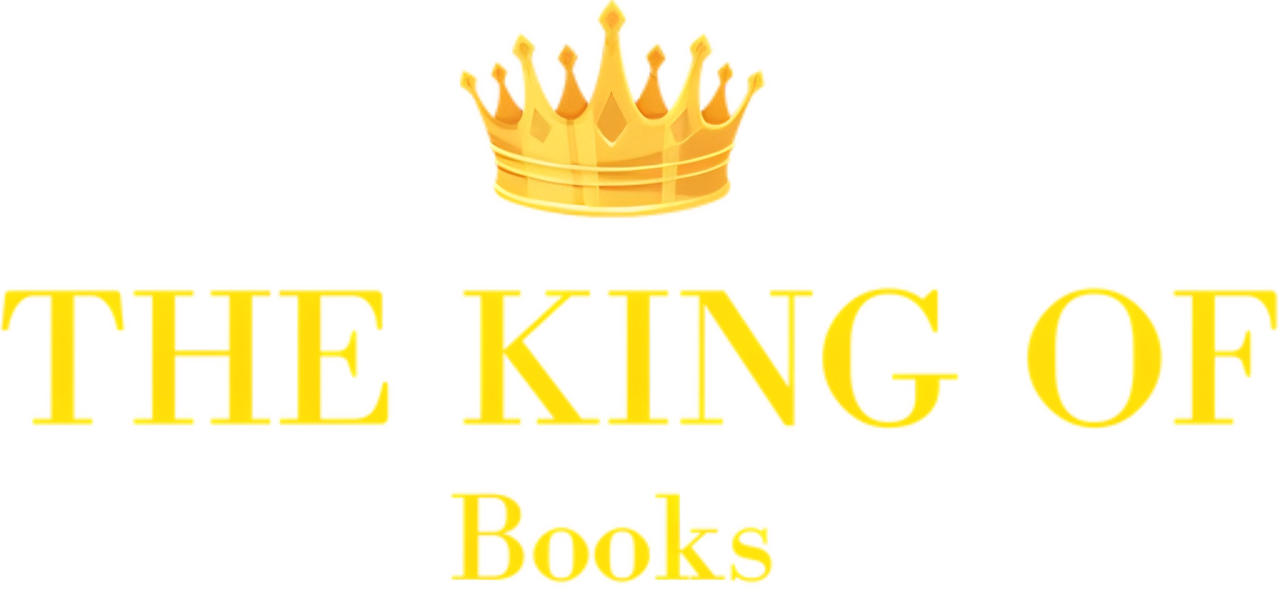
In the name of Flanders: a history (8th - 21st century)
The Flanders of the count from 1007 was a tiny fief of the French kingdom that lay largely west of the Scheldt. With Bruges as its capital, it reached into the present-day Netherlands and France. Flanders was bilingual, homogeneously Catholic and almost exclusively inhabited by natives.
The Flanders of the Prime Minister from 2007 is a Community of the Kingdom of Belgium, has gained parts of Brabant and Limburg, but has to do without Zeeuws- and Frans-Vlaanderen and reaches the Maas. With Brussels as its capital, it strives for monolingualism. Flanders is liberal, Christian and Islamic and has almost ten percent immigrants.
Fourteen centuries of history. Of expansions and reductions, power and poverty, annexations and emancipations. A bizarre and sometimes merciless game between individuals, social groups and states. It is clear that Flanders is a dynamic, changing concept. What geographical, demographic, cultural and economic reality did the term 'Flanders' cover over time?
In this fascinating essay, Vic De Donder follows the path and history of Flanders based on the naming of the area.

Free and fast delivery

Same day shipping




